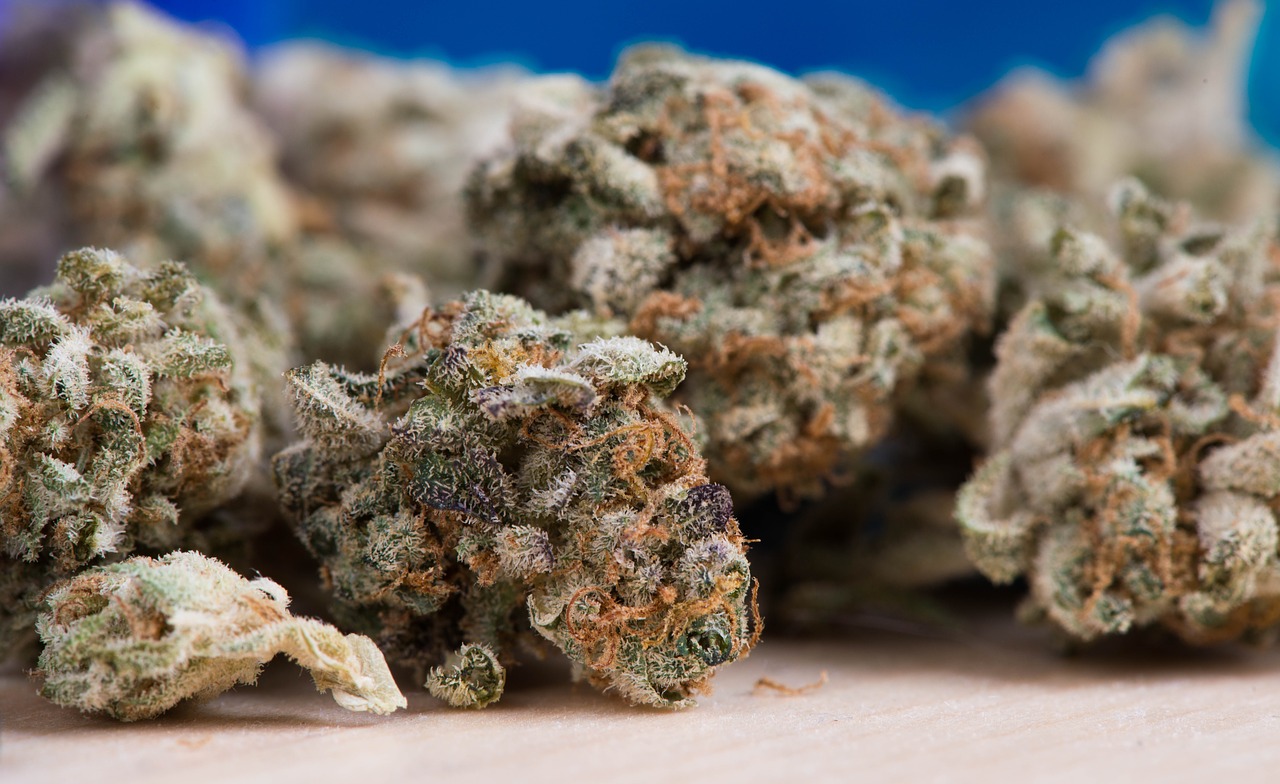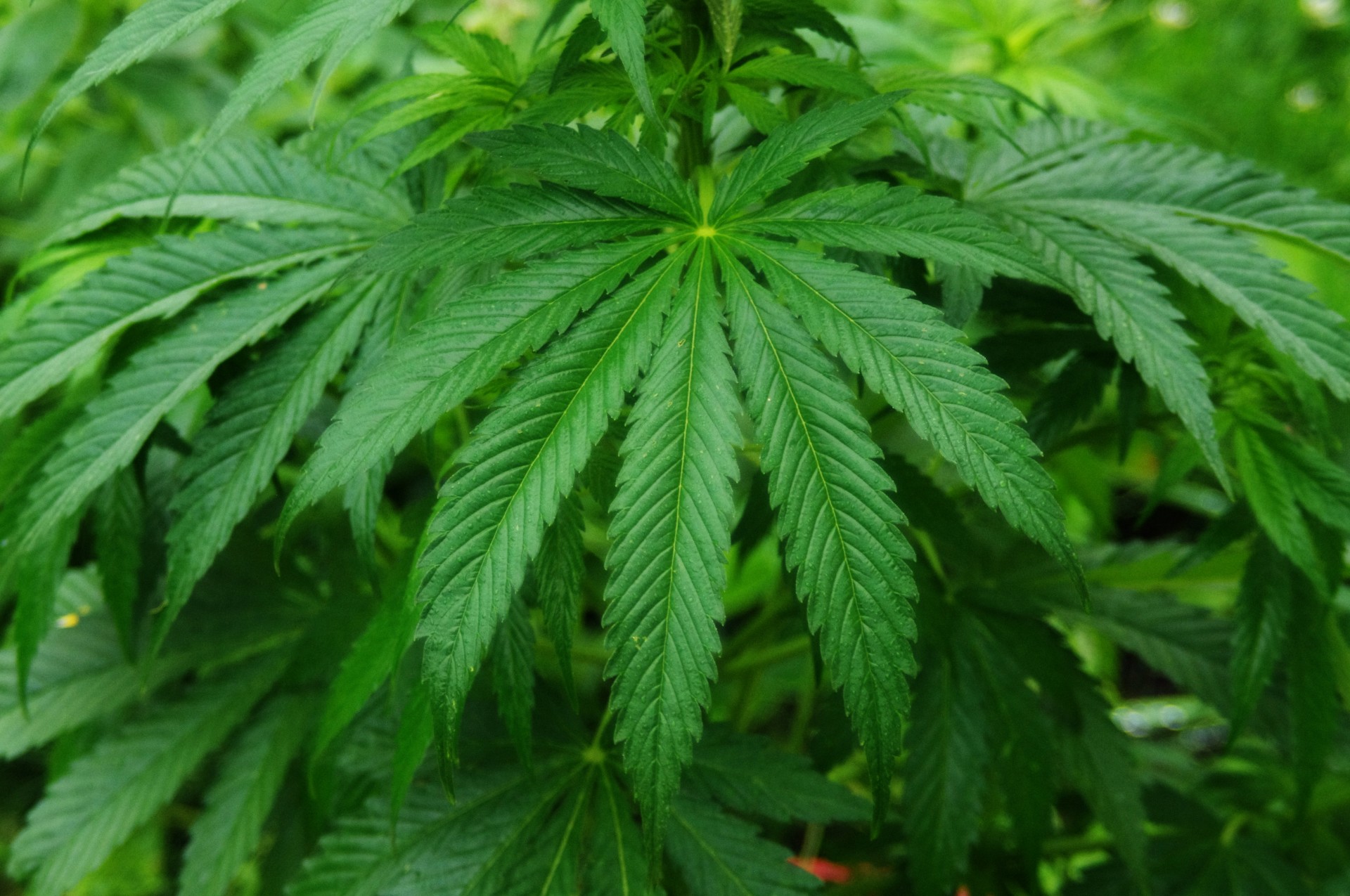The US Food and Drug Administration (FDA) has approved the use of an oral cannabidiol (CBD) solution called Epidiolex for the treatment of seizures associated with tuberous sclerosis complex (TSC) in patients aged one year and older.
Epidiolex is the only FDA-approved formulation that contains CBD derived from the cannabis plant. It first received FDA approval for the treatment of seizures associated with Lennox-Gastaut syndrome (LGS) and Dravet syndrome (DS), which are rare and severe forms of epilepsy. It is also only the second approval for a drug in the treatment of seizures associated with TSC, according to a press release from the FDA.
Epidiolex is a plant-derived CBD solution developed by GW Pharmaceuticals. CBD is the most abundant non-psychoactive cannabinoid compound found in the cannabis plant, making up about 40 percent of the plant’s extract, which contains over 100 different cannabinoid compounds.
CBD does not have the mind-altering effects of tetrahydrocannabinol (THC), which is the main psychoactive component of the cannabis plant that causes the ‘high’ that people experience after consuming cannabis.
Related: GW Pharmaceuticals’ CBD Drug Gains Second Approval
“FDA approval of this new indication is exciting news for those with refractory seizures due to tuberous sclerosis complex,” said Justin Gover, GW’s chief executive officer in a press release from the company.
“Since Epidiolex is already available to patients by physician’s prescription, patients with TSC can immediately access the medication. This label expansion, including the expansion of the age range in all approved indications, further demonstrates that the FDA process can continue to enable broader patient access to appropriately tested regulatory approved cannabinoid medicines. It also provides hope for these patients and their families and is yet another important milestone for Epidiolex as a first-in-class antiepileptic drug.”
TSC is a rare genetic disease that affects approximately 1 in 6,000 people. It leads to the formation of benign tumors that grow in the brain and on other critical organs such as the kidneys, heart, eyes, lungs and skin. It typically affects the central nervous system and can result in a combination of symptoms including seizures, impaired intellectual development, autism, behavioral problems, skin abnormalities and kidney disease.
Symptoms can range from being mild to more severe or life-threatening. The disease usually presents within the first year of life, displaying subtle signs that can take years to develop. Due to this, the disease can be misdiagnosed or not even recognized for a while.
The disease is caused by mutations on the TSC1 and TSC2 genes, which produce the proteins hamartin and tuberin, respectively. These proteins form a complex and function to suppress the activity of the mechanistic/mammalian target of rapamycin (mTOR) protein, which is involved in protein synthesis and cell survival. Defects in hamartin or tuberin lead to a loss of regulation of mTOR, resulting in aberrant differentiation and development, which causes the generation of enlarged cells, as seen in TSC brain lesions.
The effectiveness of Epidiolex for the treatment of TSC-associated seizures was demonstrated in a randomized, double-blind, placebo-controlled trial. In the study, 148 patients out of a total of 224 received Epidiolex, and changes in seizure frequency from baseline were measured. The study found that patients who were treated with Epidiolex had a significantly greater reduction in the frequency of seizures during the treatment period than patients who received placebo. This effect was seen within eight weeks and remained consistent throughout the 16-week treatment period, according to the FDA press release.
The most common side effects of the drug found in the trial were diarrhea, elevated liver enzymes, decreased appetite, sleepiness, fever and vomiting.
“The FDA continues to believe the drug approval process represents the best way to make new medicines, including any drugs derived from cannabis, available to patients in need of appropriate medical therapy such as the treatment of seizures associated with these rare conditions. This paradigm ensures new therapies are safe, effective, and manufactured to a high quality that provides uniform and reliable dosing for patients,” said Dr. Douglas Throckmorton, deputy center director for regulatory programs in the FDA’s Center for Drug Evaluation and Research.
He went on to say, “The agency is committed to supporting rigorous scientific research on the potential medical uses of cannabis-derived products and working with product developers who are interested in bringing patients safe and effective, high quality products.”












Join or login to leave a comment
JOIN LOGIN